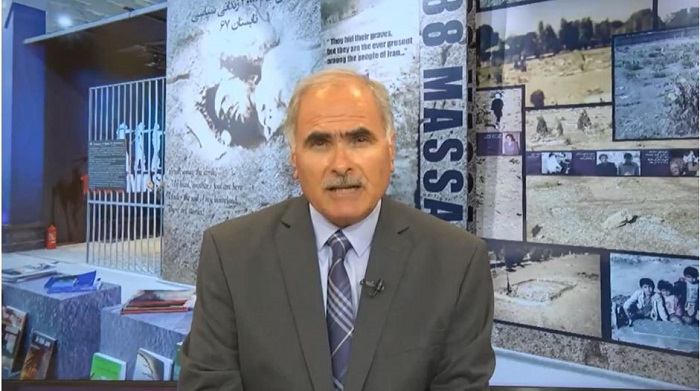
Hossein Farsi was being jailed in Gohardasht Prison on charges of aiding the People’s Mojahedin of Iran (PMOI / MEK Iran) when the Iranian regime committed the massacre in 1988.
The MEK, which remains the leading voice
The MEK, which remains the leading voice for a democratic alternative to the current dictatorship, was the massacre’s primary target, accounting for more than 90 percent of its 30,000 victims. His friends, colleagues, and cellmates were all executed, so he has carried the enormous burden of responsibility to honor their memories and advocate for justice on their behalf for the past 33 years.
Unfortunately, most of those efforts have been thwarted by the international community’s determination to passivity in response to the Iranian regime’s previous atrocities. The MEK and Iran’s National Council of Resistance have worked tirelessly to promote formal inquiries into the ‘1988 massacre’, emphasizing that such investigations would very certainly pave the way for international prosecution of crimes against humanity. Multiple legal scholars have also presented the case in recent months for the perpetrators of the massacre to face genocide charges, based on evidence that the killings were motivated not just by enmity against the MEK’s policies, but also by the MEK’s role as an expression of true Islamic ideas.
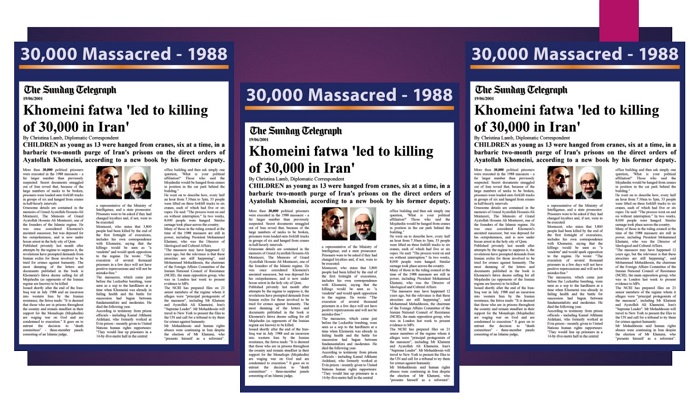
Raisi was a deputy prosecutor in Tehran in 1988
The legal argument was presented to the international community during conferences held in response to the regime’s new president, Ebrahim Raisi, being “selected” in June. Raisi was a deputy prosecutor in Tehran in 1988, and immediately before the massacre, he embraced the opportunity to serve on a “death commission” that oversaw the killings in Tehran and Gohardasht Prisons. The death commission was responsible for questioning political prisoners about their beliefs and affiliations, and it generally asked only one question to determine whether a defendant might be labeled as an “enemy of God” because of their support for the MEK.
The Supreme Leader, Ruhollah Khomeini, ordered a fatwa, which featured the exceptionally broad and cruel mass execution. The death commissions were so dedicated to carrying out the command that they killed pregnant women and 15-year-old children in their efforts to completely eliminate the MEK.
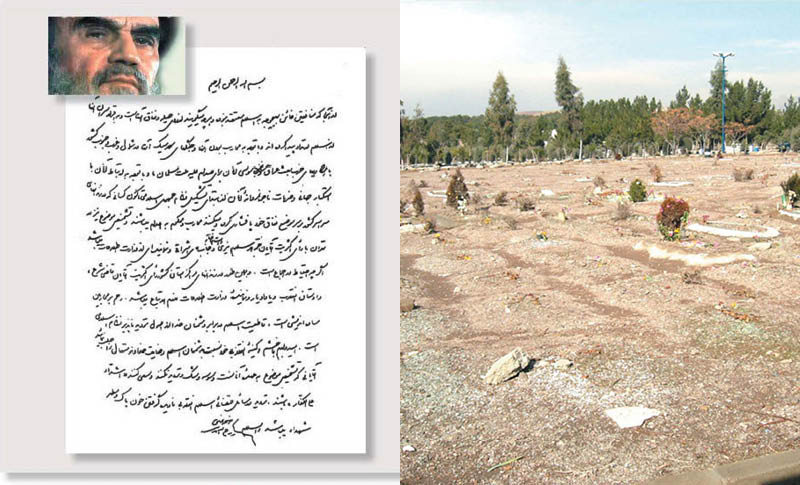
Genocide and crimes against humanity
It is impossible to overestimate the damage that Western countries are doing to their own reputations as human rights activists, as well as to Iran’s hopes for democratic transformation, by turning a blind eye to genocide and crimes against humanity.
The foreign support for Raisi’s administration not only denies justice to the victims of the 1988 massacre but also emboldens the regime to tighten down on opposition in the coming months and years.
This is especially true given Raisi’s apparent impunity as head of the judiciary, overseeing crucial aspects of a crackdown that killed more than 1,500 people after the outbreak of nationwide protests in November 2019.
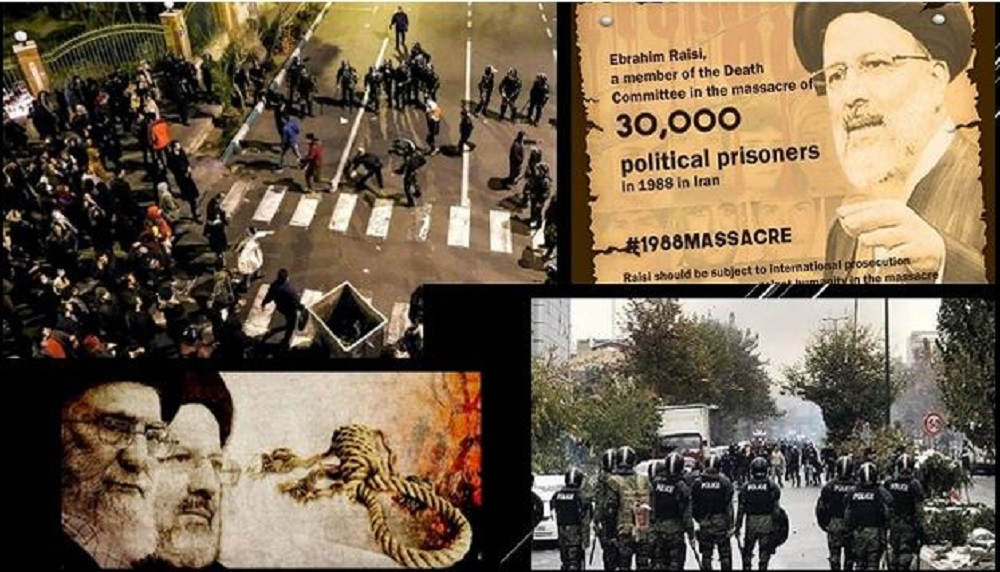
The international community’s first moves
The international community’s first moves are being taken right now in Sweden, where a former Gohardasht Prison officer, Hamid Noury, was arrested while on a visit to the country, for his role in the 1988 massacre.
Following testimony from dozens of survivors, the trial is set to finish in April. It exemplifies the legal principle of “universal jurisdiction” over the most heinous international crimes, and now that it has been proven viable, it must be applied against higher-level perpetrators in the massacre, including but not limited to the regime’s current president, Ebrahim Raisi.
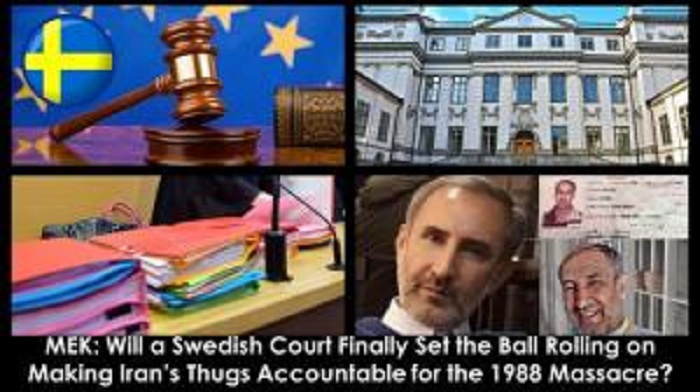
Follow Maryam Rajavi’s on her site Twitter & Facebook and follow NCRI (Twitter & Facebook)
and follow NCRI (Twitter & Facebook)
MEK Iran (on Twitter and Facebook)
and People’s Mojahedin Organization of Iran – MEK IRAN – YouTube







